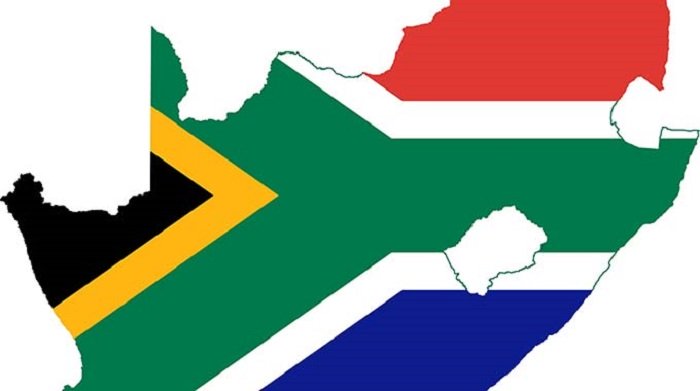SA election won’t be business as usual for ANC

While some voters know who they’ll be casting their ballots for on Wednesday’s elections in South Africa, others are still undecided.
One voter on the streets of Johannesburg told VOA he wants continuity and will cast his ballot for the African National Congress, the party that has been governing in South Africa since 1994, when Nelson Mandela was elected president following the end of apartheid in the early 1990s.
“Thirty years of democracy is probably 30 years of policy. We need another 30 years of implementing those policies and seeing them come through to fruition,” Thabo Molobi said.
But for Karam Ezzideen, the ANC has not delivered on its promises. “Enough is enough,” he said, adding that he’ll vote for the Democratic Alliance because “that party is all about change.”
Analysts told VOA that parties like the DA, the IFP [Inkatha Freedom Party], and a few others have strong core support bases in certain ethnic groups and certain regions.
Many of the opposition candidates have accused the ANC of being corrupt and lacking a strategic vision for the country, which they said is in crisis and needs to be rescued.
In a promo video released earlier in the campaign, ANC leader Cyril Ramaphosa, who’s seeking a second term, said they’ve made progress in meeting the basic needs of the people of South Africa.
“We are putting South Africa to work by investing in our people to ensure that no one is left behind,” he said in the video. And in a televised address to the nation Sunday, Ramaphosa reiterated the steps his administration has taken to improve the country’s economic prospects.
Those prospects were impacted by the COVID-19 pandemic, which affected the world at a global level and exacerbated high levels of inequality in South Africa, Lloyd Kuveya from the University of Pretoria told VOA earlier this year.
Daryl Glaser, associate professor in political studies at the University of Witwatersrand in Johannesburg said this year’s election is going to be the closest since the era of inclusive democracy began in South Africa three decades ago.
“All the opinion polls are suggesting there’s a very serious chance the ANC is going to fall below 50% of the vote and that it’s going to be forced into some kind of coalition,” he said.
That, he said, would be exciting for those who feel the ANC has mismanaged the country, but he notes South Africa has not had good experiences with coalitions at a local level.
Glaser, Kuveya and other analysts told VOA that anger over power outages, allegations of corruption, and disunity within the ANC – the liberation movement that once led the struggle against racism and oppression by the country’s white minority rule – have helped the opposition gain ground. That includes the Economic Freedom Fighters party led by Julius Malema, a former ANC youth leader, and a newly formed party, for which former president Jacob Zuma has been campaigning.
“Zuma’s party uMkhonto we Sizwe or MK has been a completely unexpected surprise. It arrived on the scene quite late in the run up to the elections and completely scrambled everything… The EFF certainly appeals to a certain audience, and it’s been growing … In some ways, MK is much of a threat to the EFF as it is to the ANC because it’s capturing some of the discontented,” Glaser said.
Nine days before the election, South Africa’s top court ruled that Zuma was not eligible to run for parliament because of a past criminal conviction.
The ruling came two days after Zuma told thousands of supporters at a rally in Soweto that his MK party would help ease joblessness among other issues if it won.
South Africa’s unemployment rate has reached 32% according to the World Bank, making it issue No. 1 for many voters, including Kathryn Defenn, who told VOA, “our biggest challenge as a country is our rate of unemployment, which is one of the biggest in the world.”
Another voter, Oupa Muhadi will be voting for “Action SA because it’s a party that has got what we want in the country. Right now, we have a problem with crime… there is no work.”
Kurmola Manilall is still undecided, but for her, the problems facing her country that matters the most are poverty and joblessness, plus “the lack of maintenance of infrastructure is another pressing issue,” she said.
Nearly half of the country’s 62 million people have registered to vote, said Thabo Masemola, an Independent Electoral Commission official.
“We have the highest voters’ roll since the voter’s roll was established in 1999. The certified voter’s roll is currently sitting at 27.7 million and we use the voter’s roll as the basis to prepare and plan for the elections. So, all the relevant materials are in place.”
He said the IEC has accredited 160 organizations, both domestic and international, to observe the election and ensure its transparency.
South Africans in the diaspora have already voted in 111 missions abroad, he said.






